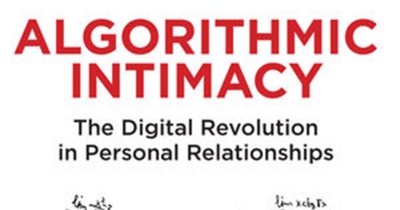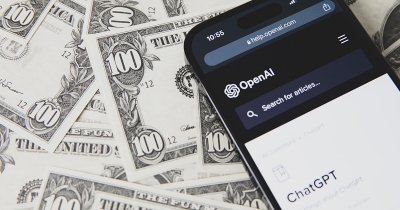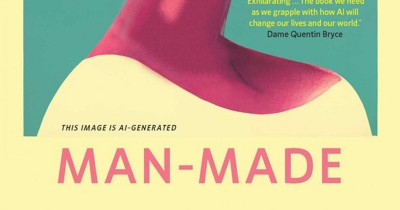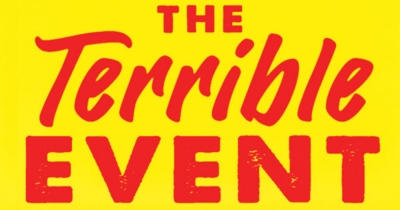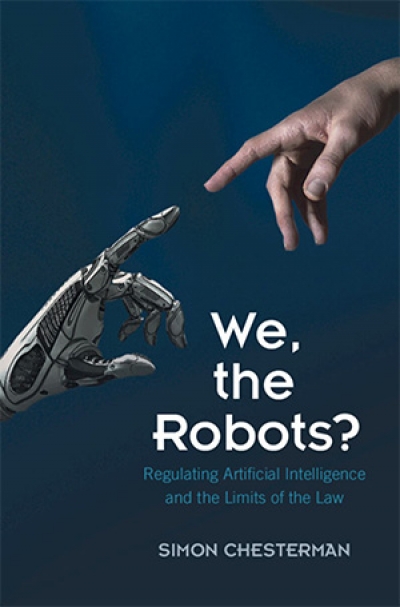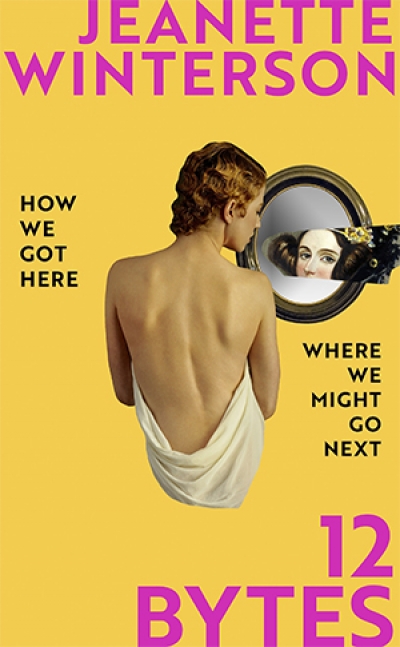Artificial Intelligence
Algorithmic Intimacy: The digital revolution in personal relationships by Anthony Elliott
by Judith Bishop •
It was a busy day in February. I was in my office at Monash University, squeezing in some emails with one hand and a quick bite of lunch with the other. Yeah, a typical day for an academic. That’s when I came across an email sent to me by a PhD student from another Australian university who wanted to know about a research paper I had written. They sent me the title of the paper, the abstract, and the author list.
... (read more)Man-Made: How the bias of the past is being built into the future by Tracey Spicer
by Ruby O'Connor •
We, the Robots?: Regulating artificial intelligence and the limits of the law by Simon Chesterman
by Henry Fraser •
12 Bytes: How artificial intelligence will change the way we live and love by Jeanette Winterson
by Diane Stubbings •

